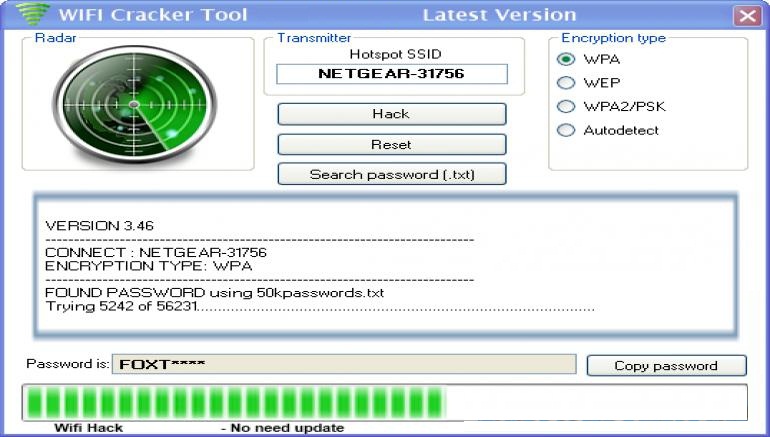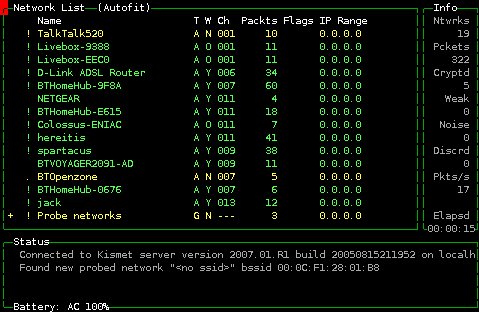

More and more devices are getting “smart” functionality, including “personal” devices. Kismet also supports external ‘helper tools’ which can extend server functionality via scripting tools such as Python.

With the new Kismet codebase (Kismet-2018-Beta1 and newer), Kismet supports plugins which extend the WebUI functionality via Javascript and browser-side enhancements, as well as the more traditional Kismet plugin architecture of C++ plugins which can extend the server functionality at a low level. You can follow the development on Kismet and related projects via the Developer Posts and on Twitter via Kismet plugins If you’re interested in the latest cutting-edge code, check out the Kismet Git repository, either at: Kismet is under near-continual development. Need some geeky shirts to show your wireless love? We’ve got some at the Kismet Teespring store. If you’d like to help out supporting Kismet dev and have a Raspberry Pi 0w, Ubertooth One, or Yardstick One that needs some Kismet love (or just protection from getting smashed in your bag), you can get acrylic cut cases at the Kismet Tindie Store.

#Wifi hacker program windows 10#
On OSX it works with the built-in Wi-Fi interfaces, and on Windows 10 it will work with remote captures.
#Wifi hacker program Bluetooth#
On Linux it works with most Wi-Fi cards, Bluetooth interfaces, and other hardware devices. Kismet works on Linux, OSX, and, to a degree, Windows 10 under the WSL framework. Kismet works with Wi-Fi interfaces, Bluetooth interfaces, some SDR (software defined radio) hardware like the RTLSDR, and other specialized capture hardware. Kismet is a wireless network and device detector, sniffer, wardriving tool, and WIDS (wireless intrusion detection) framework.


 0 kommentar(er)
0 kommentar(er)
